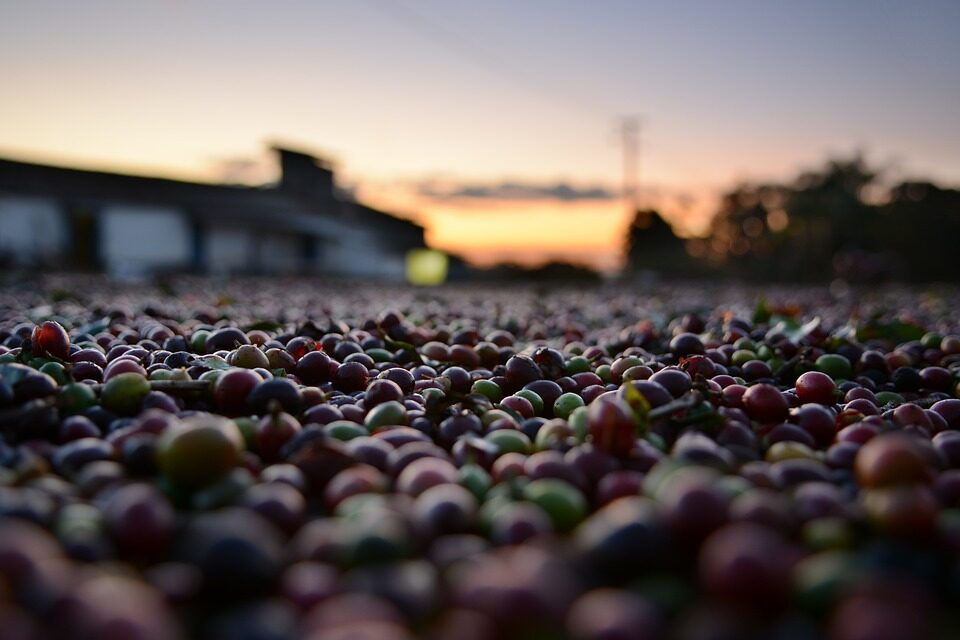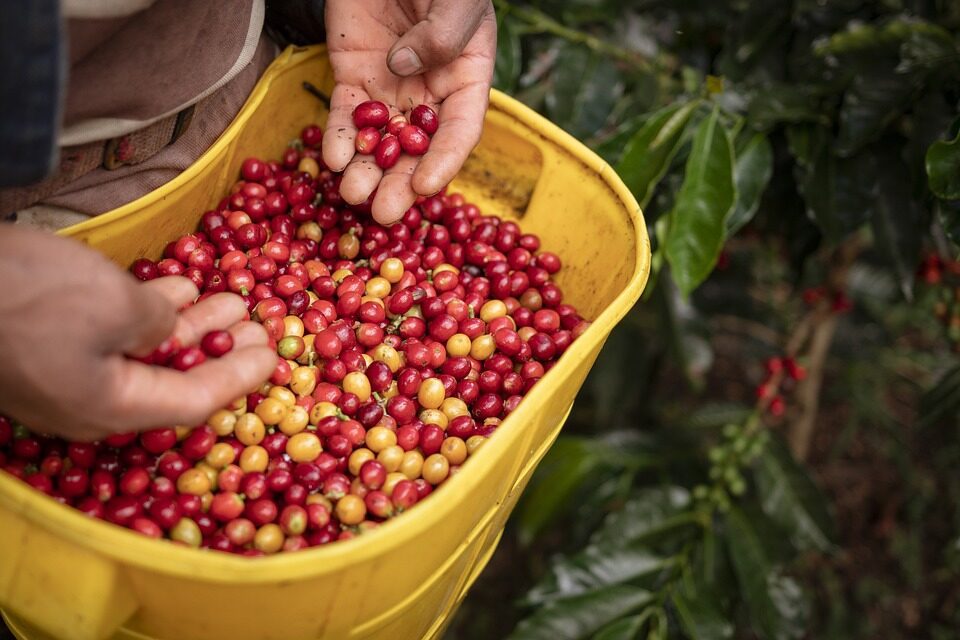Coffee is one of the world’s most popular beverages, enjoyed by millions of people every day. But did you know that coffee can also help fight climate change and support the livelihoods of farmers in certain regions?

Source: https://pixabay.com/photos/coffee-tree-yellow-bean-growing-1548771/
Coffee farming is an important source of income for millions of people worldwide, particularly in developing countries. However, climate change poses a significant threat to coffee production, as rising temperatures, changing rainfall patterns, and extreme weather events can all impact yields and quality.
To address these challenges, many coffee producers are adopting sustainable farming practices that help to mitigate the impacts of climate change. For example, some farmers use shade-grown coffee, which involves growing coffee plants under the shade of trees. This not only helps to reduce the need for irrigation, but it also provides habitat for birds and other wildlife and helps to sequester carbon in the soil.
What is the connection between coffee and carbon offset?
Some coffee producers are investing in carbon offset projects that help to reduce greenhouse gas emissions and support sustainable development in their communities. For example, some coffee cooperatives are partnering with organizations that help to finance renewable energy projects or provide clean water and sanitation to local communities.

Source: https://pixabay.com/photos/farming-coffee-colombian-coffee-6959629/
By participating in these initiatives, coffee producers can earn carbon credits that can be sold on international markets, providing an additional source of income for farmers and contributing to global efforts to address climate change. Furthermore, by adopting sustainable farming practices and investing in carbon offset projects, coffee producers can help to ensure the long-term viability of their businesses and support the livelihoods of farmers in their communities.
Final Thoughts
Coffee is not just a tasty and refreshing beverage to some – it can also contribute to carbon offset and help support farmers’ livelihoods in certain regions. By choosing sustainably produced coffee and supporting initiatives that promote sustainable farming practices and carbon offsetting, we can all help to make a positive impact on the world.
Sources:
· Gibbens, Sarah “What climate change means for the future of coffee and other popular foods” National Geographic, National Geographic Society, 27 January 2022, https://www.nationalgeographic.com/environment/article/what-climate-change-means-for-future-of-coffee-cashew-avocado
· Oakley, Gabriella “Should coffee farmers trust carbon credit schemes?” Coffee Intelligence, PDG Media Group, 20 April 2022, https://intelligence.coffee/2022/04/coffee-farmers-carbon-credit-schemes
